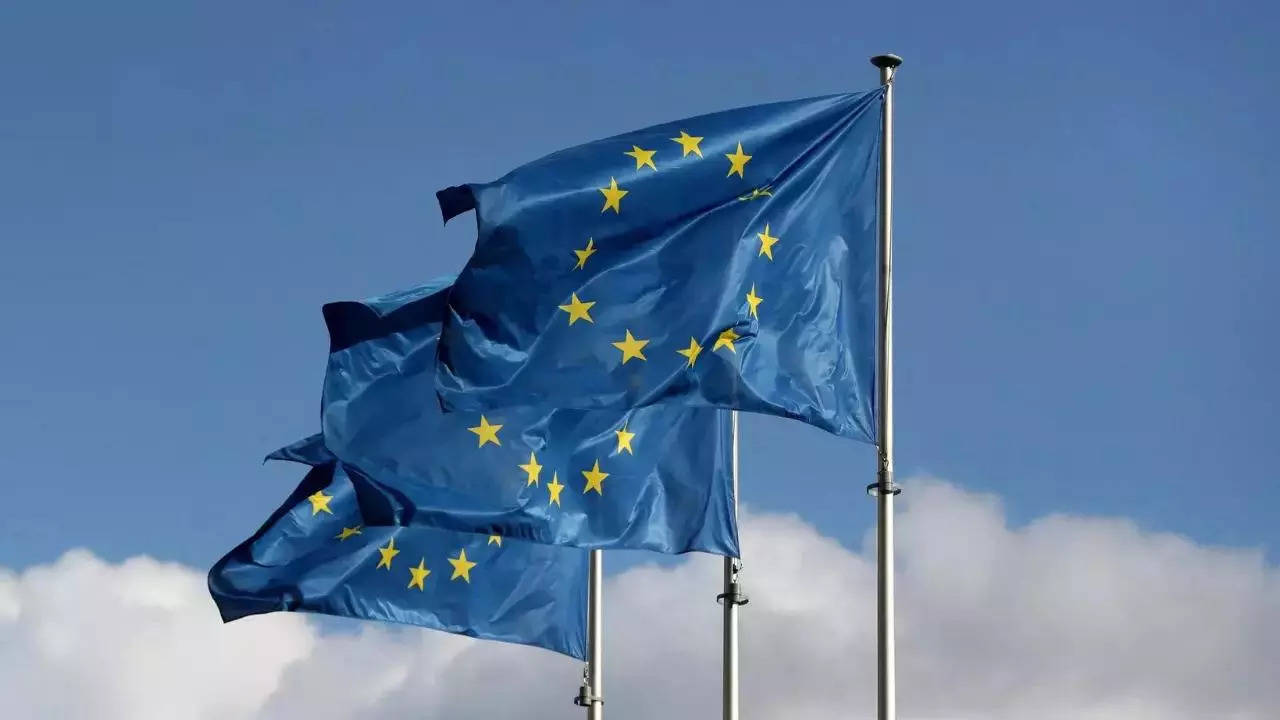Google, Amazon and Airbnb have won the support of the European Union’s top court in their fight against a ruling passed by Italy. The law passed by the European nation required companies including the Alphabet-owned tech giant, the e-commerce major and the online room booking platform to provide information on themselves.
The European headquarters of both Google and Airbnb are in Ireland, while Amazon is based in Luxembourg. Apart from these companies, US-based online travel services platform Expedia, whose European headquarters is based in Spain, has also objected to the requirement.
How this Italian rule is a problem for the companies
Italy adopted this new rule against tech companies in 2020 and 2021. According to a report by the news agency Reuters, this rule has caused this dispute between the companies and the country’s authorities.
This rule mandates online service providers operating in Italy to sign up to a register and submit various types of information. The law also forces companies to pay a financial contribution or risk a fine for failing to do the same.
The companies have challenged the requirement and have argued that it contradicts EU legislation. As per the EU’s rules, online service providers are only subject to the laws of the country where they are established. The EU law also says that countries where the service is provided must refrain from enforcing their rules.
What the EU has to say about the Italian rule
While discussing the Italian law, judges in the Luxembourg-based Court of Justice of the European Union (CJEU) ruled: “A member state may not impose additional obligations on an online service provider established in another member state. Italy cannot impose on providers of those services established in other member states additional obligations which, although required for the provision of those services in that country, are not imposed in their member state of establishment.”
In November 2023, the EU’s regulatory watchdog, the European Commission designated six technology giants as gatekeepers under the Digital Markets Act (DMA). Companies including Google-parent Alphabet, Amazon, Apple, ByteDance and Meta were also given six months to ensure compliance with the DMA obligations.
The European headquarters of both Google and Airbnb are in Ireland, while Amazon is based in Luxembourg. Apart from these companies, US-based online travel services platform Expedia, whose European headquarters is based in Spain, has also objected to the requirement.
How this Italian rule is a problem for the companies
Italy adopted this new rule against tech companies in 2020 and 2021. According to a report by the news agency Reuters, this rule has caused this dispute between the companies and the country’s authorities.
This rule mandates online service providers operating in Italy to sign up to a register and submit various types of information. The law also forces companies to pay a financial contribution or risk a fine for failing to do the same.
The companies have challenged the requirement and have argued that it contradicts EU legislation. As per the EU’s rules, online service providers are only subject to the laws of the country where they are established. The EU law also says that countries where the service is provided must refrain from enforcing their rules.
What the EU has to say about the Italian rule
While discussing the Italian law, judges in the Luxembourg-based Court of Justice of the European Union (CJEU) ruled: “A member state may not impose additional obligations on an online service provider established in another member state. Italy cannot impose on providers of those services established in other member states additional obligations which, although required for the provision of those services in that country, are not imposed in their member state of establishment.”
In November 2023, the EU’s regulatory watchdog, the European Commission designated six technology giants as gatekeepers under the Digital Markets Act (DMA). Companies including Google-parent Alphabet, Amazon, Apple, ByteDance and Meta were also given six months to ensure compliance with the DMA obligations.

